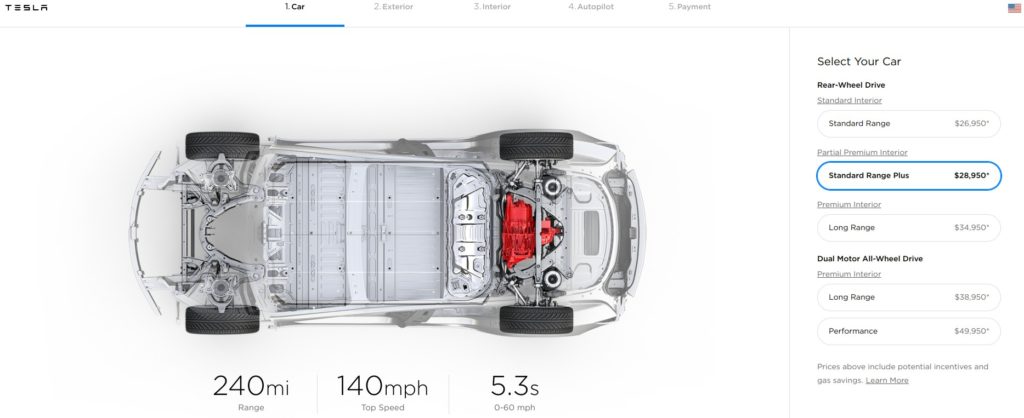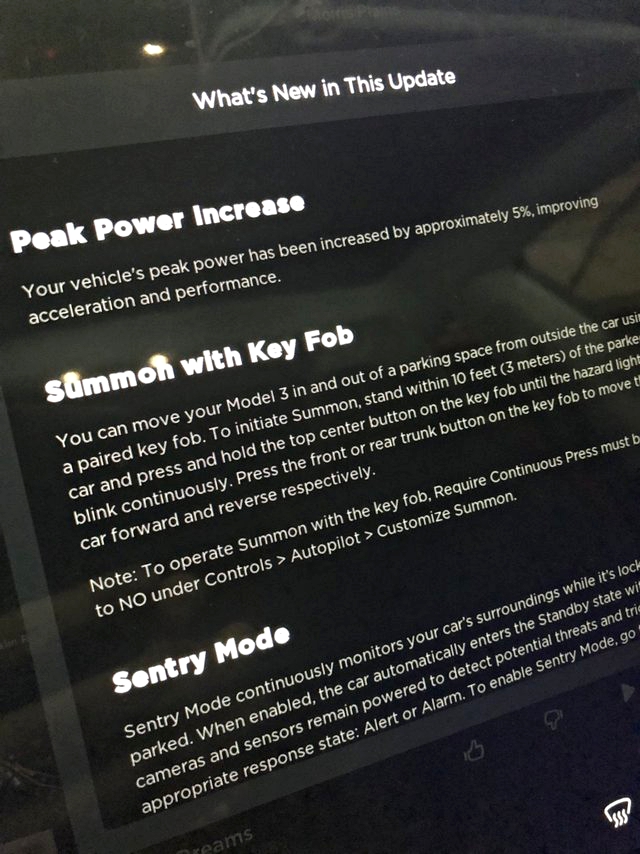The Securities and Exchange Commission (SEC) has issued a fiery response to the points outlined by Elon Musk’s legal team last week, which saw the Tesla CEO take a firm stand against the allegations of the agency. According to the SEC’s response, Musk must be held in contempt because his “reckless actions” on social media have been “stunning.”
Musk’s ‘stunning’ conduct
The SEC filed its rebuttal of Musk’s points on Monday, arguing that Musk has made no diligent or good faith effort to comply with the pre-approval provision of the court’s order. The SEC also pointed out that none of Elon Musk’s tweets since he reached a settlement with the agency last year were screened before they were posted online.
“The pre-approval requirement was designed to protect against reckless conduct by Musk going forward. It is therefore stunning to learn that, at the time of filing of the [contempt] motion, Musk had not sought pre-approval for a single one of the numerous tweets about Tesla he published in the months since the court-ordered pre-approval policy went into effect. Musk reads this Court’s order as not requiring pre-approval unless Musk himself unilaterally decides his planned tweets are material. His interpretation is inconsistent with the plain terms of this Court’s order and renders its pre-approval requirement meaningless” the agency wrote.
(adsbygoogle = window.adsbygoogle || []).push({});
Material Information
The agency also argues that Musk’s February 19 tweet, where he noted that Tesla would produce around 500,000 vehicles in 2019, was material information to Tesla and its shareholders. The agency added that the frequency of Tesla’s references to its production forecast in its public statements is proof that such statements are material for the company.
“Musk’s recognition of the significance of Tesla’s vehicle production forecasts to investors is evidenced by the frequency with which he and Tesla highlight such forecasts in their public statements. For years and continuing through the company’s most recent earnings release, Tesla and Musk have prominently featured vehicle production forecasts in their public communications, including Tesla’s investor letters, Musk’s tweets, and the company’s filings with the SEC. While some companies emphasize forward-looking guidance on financial metrics such as revenue and earnings per share, Tesla often highlights guidance regarding expected production rates and deliveries. Given this focus on Tesla’s production capabilities, Musk cannot credibly argue that his statement, as Tesla’s CEO, that the company ‘will make around 500k’ cars in 2019 could not have reasonably contained information material to Tesla and its investors,” the SEC argued.
Disclosures
The SEC further argued that Musk’s tweet was different from the previous public disclosures. Tesla’s Q4 2018 and Full Year Update Letter noted that the company is expecting to deliver 360,000 to 400,000 vehicles in 2019, though Musk later pointed out in the earnings call that Tesla is aiming to produce around “maybe in the order of 350,000 to 500,000 Model 3s” this 2019. The SEC does not recognize Musk’s statement in the earnings call.
“Disputing the logical conclusion that new information about a critical company metric reasonably could be material to Tesla’s shareholders, Musk claims that the 7:15 tweet ‘simply was not ‘news.’’ It is frankly difficult to follow Musk’s tortured analysis, which attempts to cobble together information from various public statements by Tesla in January 2019 to arrive at the post hoc conclusion that his 7:15 tweet was ‘within previously disclosed ranges.’ Regardless, Musk’s arguments do not change the fact that, before the 7:15 tweet, Tesla had never disclosed that it planned to make around 500,000 cars in 2019. Therefore, Musk was required to obtain pre-approval before he published this statement.
“Prior to the 7:15 tweet, Tesla had not publicly disclosed any forecast of the total number of vehicles it expected to produce in 2019. This should end the Court’s inquiry as to whether Musk’s failure to seek pre-approval constituted a violation of the Court’s order. In the absence of an affirmative forecast on this important topic, Musk’s tweet contained new information that could reasonably have been material to Tesla and its shareholders.
(adsbygoogle = window.adsbygoogle || []).push({});
“Tesla had, however, previously provided a clear forecast of total vehicle deliveries in 2019. Specifically, Tesla’s January 30, 2019 Fourth Quarter & Full Year Update (‘Update Letter’) stated, “In total, we are expecting to deliver 360,000 to 400,000 vehicles in 2019 . . . .” Tesla included the same delivery forecast in the pre-approved talking points for its January 30 earnings call. Evidently at a loss as to how to explain the material difference between the company’s repeated deliveries guidance and his 7:15 tweet, Musk’s brief does not even mention the deliveries guidance.
“Instead, Musk argues that his tweet could not reasonably have been material because Tesla previously stated that it was ‘targeting’ an annualized production rate in excess of 500,000 Model 3 vehicles sometime between Q4 of 2019 and Q2 of 2020. This guidance was also given in Tesla’s 2018 Form 10-K and during Tesla’s January 30 earnings call. But this was a qualified forecast (‘targeting’) of Tesla’s expected achievement of a production run rate (not of aggregate production) for a particular vehicle line at some future point in time (somewhere between late 2019 and the middle of 2020). On its face, the 7:15 tweet—which stated that Tesla will make around 500,000 cars in 2019—was materially different from Tesla’s production rate forecasts for Model 3.”
The skirmish continues
The release of the SEC’s response to Elon Musk’s stance would likely cause more volatility for Tesla and the performance of its stock (NASDAQ:TSLA). The agency and the CEO have clashed a number of times over the past year, and Tesla shareholders have been, for the most part, adversely affected. With the SEC’s response showing that the battle between Musk and the agency will likely continue, Tesla shareholders and those that follow the company closely would best be prepared for more ripples along the way.
A decision on the SEC’s request to hold Elon Musk in contempt of court for his February 19 tweet will be decided by the US District Court for Southern New York, the same office which which the CEO and the agency’s settlement last October.
The SEC’s rebuttal of Elon Musk’s arguments could be accessed here.


























